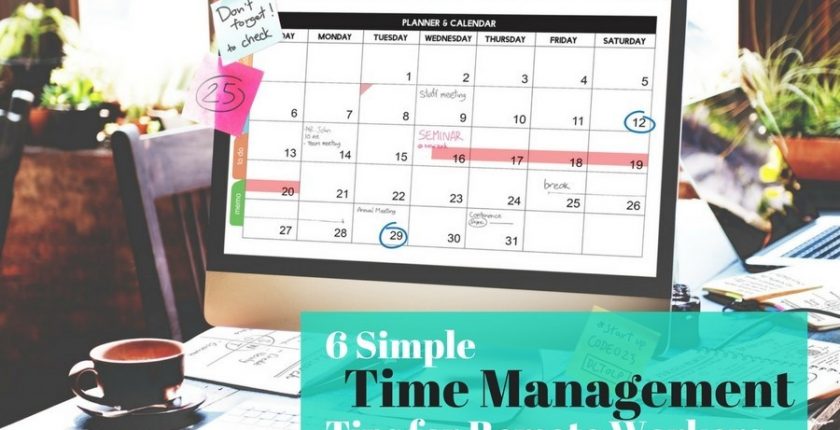
Having the right employability skills is not only a challenge for new graduates lacking relevant work experience, it can also be an issue for those of us looking to be promoted or wanting to transition into a remote role.
But what exactly do we mean by ’employability skills’?
Employability skills, sometimes called ‘foundational skills’ or ‘job-readiness’ skills, are the skills needed to carry out a role to the best of your ability. They make you employable.
When employers are looking for candidates they will usually list a set of skills they expect from their employees aside from technical expertise and subject knowledge.
We often see the following employability skills in job descriptions from remote-friendly employers:
- Communication skills
- Ability to work independently
- Being self-motivated
- Comfortable learning and using digital tools
- Being a team player
- Ability to problem-solve
- Time management
- Organizational skills
- Leadership
So what should you do about improving your employability if you feel you don’t have the necessary skills?
Think Laterally about Employability
The first step to take is to have a brainstorm about the skills you actually have in reality. It’s important not to write off a job opportunity by thinking you do not have the employability skills when maybe you do. It’s time to think laterally.
When you think laterally about your experience in different areas of your life, often you will find that you can in fact demonstrate the necessary skills, albeit perhaps not in the workplace.
Sure, it is arguably easier to demonstrate employability skills in a working environment, but there are plenty of opportunities in other spheres of life where these skills come up.
For example, an essential requirement of a role might be “budgeting”. While you may not have managed a budget at work, this is something you will likely have done at home, or while at college when you were strapped for cash.
Likewise, you might not have specific workplace examples of “organizational skills” but perhaps you organised an event at some point. This is an example that demonstrates those skills – and it could also perhaps be used to show planning skills and project management skills. Meanwhile, “researching and writing reports” is a skill that many gain while at university.
Explore Ways to Gain Employability Skills
If you can’t find examples of employability skills in either your work experience or in other areas of your life, the next step is to find ways to gain the skills you need to move in the direction you want to take.
There are two ways to go about this. One is through your work – which may not always be possible – and the other is in areas of your life outside of work.
Looking firstly at gaining increased employability skills at work, in many cases there are opportunities to do this by asking for extra responsibility. You could offer to help out your line manager with different projects or tasks that might illustrate that you have the skills needed. In many cases he/she will be grateful for the help and support.
Of course, not all types of roles are sufficiently flexible to allow you to work on extra tasks or projects, and some employability skills may still seem unattainable in the working environment. In this case there is a need to look further afield and gain the skills you need outside of work. And the good news is, there are a surprising range of opportunities to do this.
Volunteering presents an excellent option for gaining employability skills. Charities and non-profit organizations are often grateful for the help they can get, and will welcome your support. Working on committees for charities often leads to the learning of invaluable business skills. This means you may find organizations where you can volunteer and gain the employability skills you seek.
Another great option is to look at ways to gain skills through your hobbies. For example, if you need the employability skill of “leadership” you could look at ways you could lead while enjoying your leisure pursuits. If you’re a member of a hiking group you could perhaps lead some walks.
Alternatively, you could take up new hobbies to gain the skills needed. For example, if public speaking is an employability skill you need but feel you don’t have, you could join a debating group to build up your skills in this area.
Look to the Future
It’s generally good practice to work on building up generic employability skills even if you’re not actively seeking a new role. When a role does come up that you’re interested in, you will be more likely to have the skills you need.
When reviewing possible career moves for the future, consider the evidence you could present in the case of these more generic skills, and also ways you can improve in each of these areas. Then, next time an exciting new opportunity arises that you want to apply for, your employability skills (and even the fact you’ve proactively taken steps to improve your skills) could put you head and shoulders above the rest.
About the Author
Paula Newton is a career coach and resume expert who benefits from more than 10 years experience in hiring management roles. She has worked for both UK-based firms, and an American company operating out of Quito, Ecuador. No stranger to remote working, she has lived and worked on four continents and runs her own business remotely from many countries in Latin America and Asia, as well as from the United Kingdom.
